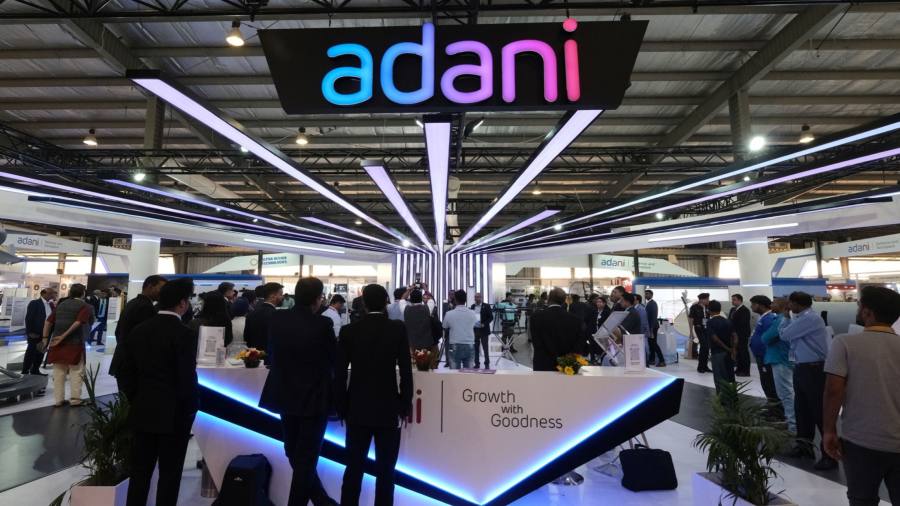Can we afford to be more optimistic about the future? The next seven days are beginning more positively for global geopolitics with a visit by Nato secretary-general Jens Stoltenberg to South Korea and Japan.
He will travel from Seoul to Tokyo on Monday to reinforce the transatlantic security alliance’s ties with its key partners in Asia. The meetings, which follow Japan and South Korea’s involvement for the first time in European Nato summits, demonstrate the alliance’s support for these countries in the face of security challenges posed by China and North Korea.
The war in Ukraine will be high on the agenda, with Tokyo and Seoul likely to confirm the release of additional non-lethal equipment for Kyiv.
On the flip side, this week will also provide reminders of the continued and very real challenge posed by populism and nationalists. India commemorates Martyrs’ Day on Monday on the 75th anniversary of the murder of Mahatma Gandhi. As writer Ramachandra Guha notes in his FT Weekend essay, veneration of the anti-colonial revolutionary has waned as Hindu nationalism has surged.
In the US, the figure of former president Donald Trump will loom large again as his adviser Peter Navarro is set to go on trial on Monday for his failure to comply with a subpoena from the House committee that investigated the January 6 2021 attack on the Capitol.
In the UK it is yet another week of strikes, beginning on Monday with driving instructors at the Driver and Vehicle Standards Agency. The biggest day of action will come on Wednesday when schoolteachers, train drivers and university lecturers down tools while the TUC trades union body stages a Protect the Right to Strike Day in opposition to a contentious government bill to curb industrial action on essential services.
Economic data
The rate-setting schedules have aligned again for the monetary policy committees of the Federal Reserve, the European Central Bank and the Bank of England.
The ECB is expected to stick with extra-large rate rises while the Fed downshifts, having signalled it would end its pace of 0.75 percentage point increases in December.
The Bank of England is expected to push through a 0.5 percentage point increase, owing to the stubborn persistence of high inflation, strong wage growth and the unexpected resilience of the UK economy.
Companies

We are in the thick of earnings season and this week is peak Big Tech with quarterly figures from Alphabet, Amazon.com, Apple, Meta and Spotify. It has been a sobering time for the sector, not least the admission that they massively over hired during the Zoom years of the pandemic.
Apple will be notable given that it is expected to break a 14-quarter growth streak in the lucrative December period owing to a shortage of high-end iPhones. A November outbreak of Covid-19 in the Zhengzhou factory (known locally as iPhone city) is to blame, creating a handset shortage of somewhere between 5mn and 10mn units.
At about $1,000 a pop, this works out at a $10bn hiccup, and is not good news for Apple given its handset war with Google. Revenue in this quarter in 2021 was a nudge under $124bn; forecasts are slightly lower for 2022 but the hit to net profit could be greater.
Read the full week ahead calendar here.
Credit: Source link













